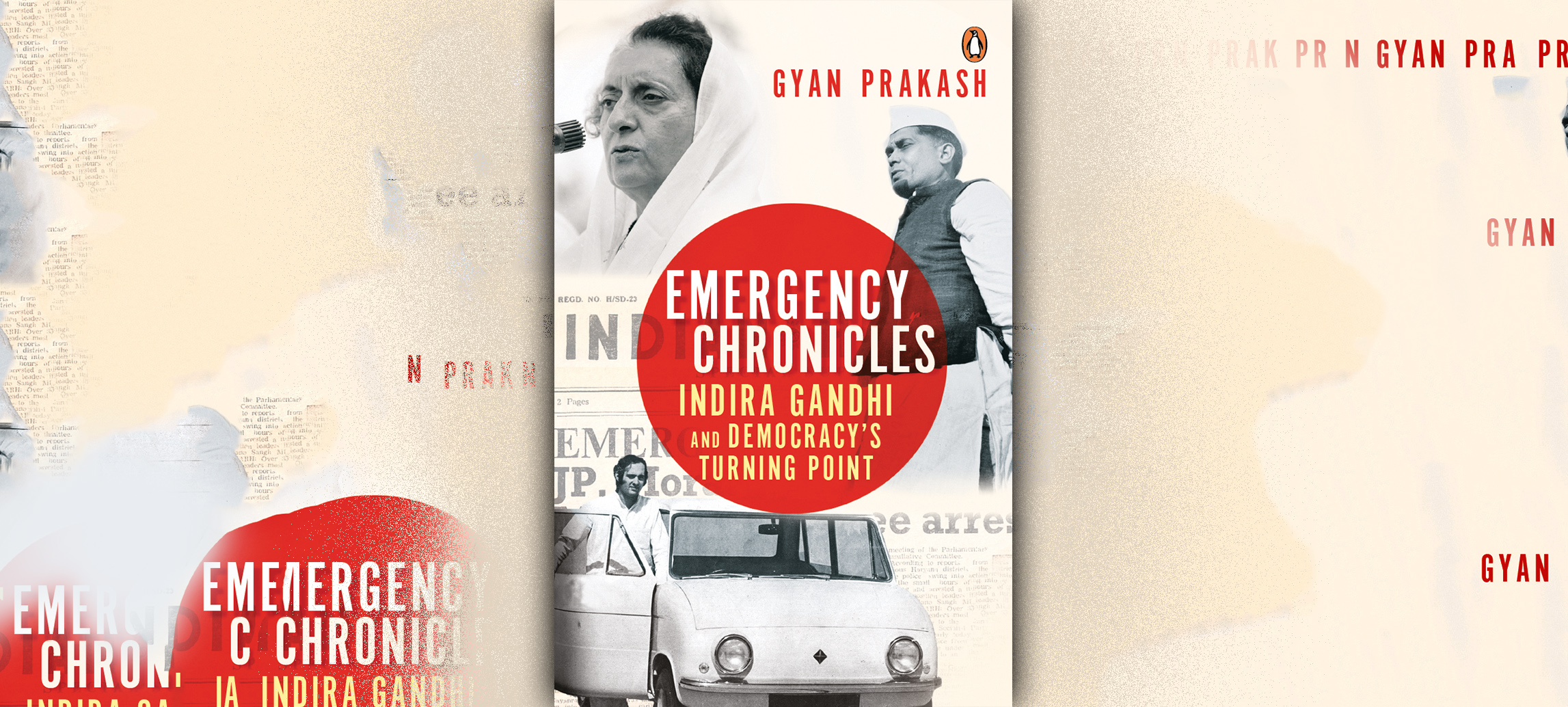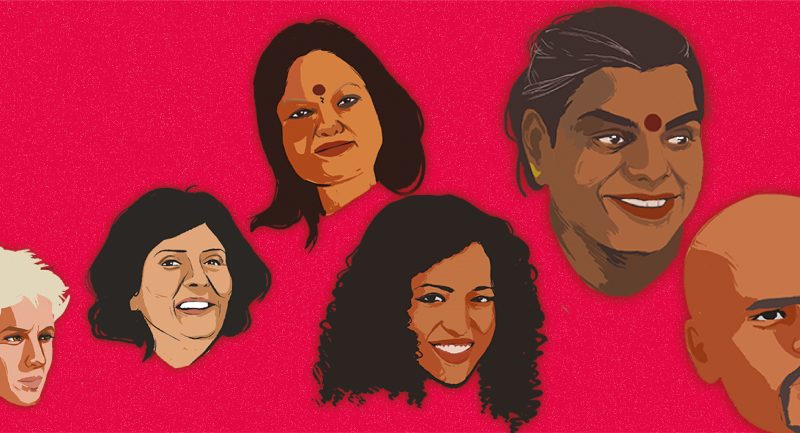
On the recommendation of Prime Minister Indira Gandhi, the president of India declared a state of Emergency just before midnight on 25 June 1975, claiming the existence of a threat to the internal security of the nation. The declaration suspended the constitutional rights of free speech and assembly, imposed censorship on the press, limited the power of the judiciary to review the executive’s actions, and ordered the arrest of opposition leaders.
It is no wonder that the Emergency is remembered emotively in India. But its onset is also seen as a sudden eruption of authoritarian darkness and gloom.
Gyan Prakash’s Emergency Chronicles explores the challenge of popular politics in India’s postcolonial history and studies Indira’s Emergency as a specific event in its broader experience as a democracy. What follows is an Indian story in the global history of democracy’s relationship with popular politics.
Here are the 5 reasons why you must read this book:
Tells the story and the circumstances of the advent of politics into JNU
‘Founded to embody Nehru’s vision of a progressive, plural, an internationalist India, the university had witnessed no clashes over caste, religion, or region characteristic of national politics. The Emergency’s disruptive arrival on campus served notice that it would no longer be exempt from the convulsions of Indian politics.’
Explains how and when politics came out of the parliament and government offices and entered the streets
‘In framing the Indian Constitution, the lawmakers had assumed that adult suffrage, Fundamental Rights, and the social policies outlined in the Directive Principles would keep politics off the streets and in the institutions. This was not to be.’
It tells the story of the birth of the ‘Ambassador’ car in India
‘Faced with these impediments, Sanjay turned his access to power into his capital. His project failed, but it signaled that the Ambassador was destined to become an object of nostalgia, “a way into India” and its economy and culture of control.’
Highlights how exceptional and uncontrolled power can change and impact state and social relations and status
‘The lines between politics, law, and personal ambitions and opinions became blurred. This exceptional power remapped state–society relations and coerced the poor into complying with the revamped elite-driven modernization.’
Introduces and tells the story of Prabir Purkayastha and his resistance and criticism of the Emergency
‘When morning broke on September 25, 1975, PrabirPurkayastha had no idea that his life was about to change.’
On the day Prabir was abducted, Maneka arrived on campus just before 9:00 a.m. for her class in the School of Languages. She got out of her black Ambassador and walked to the elevator to go up to her classroom. As she waited, Tripathi, accompanied by other students including Prabir, asked her to heed the strike call and boycott classes. “You are one of us, Mrs. Gandhi Junior!” Maneka exploded in anger. “Just you wait and see. Your heads will roll on the ground!”19 Then she stomped off. An hour later, another Ambassador entered JNU, and Prabir was whisked off.
Every year on 26 June Indian newspapers publish articles remembering the day in 1975 when Indira Gandhi declared the Emergency. Writers recall the midnight knock and press censorship. Lest we forget, readers are reminded of the suspension of constitutional rights and the restrictions imposed on the judiciary. The commemoration of the day, however, portrays the Emergency as a momentary distortion in India’s proud record of democracy. Gyan Prakash’s book aims to explore how the present times are also reflective of an Emergency-like situation without the actual declaration of one.
Today, there is no formal declaration of Emergency, no press censorship, no lawful suspension of the law. But the surge of Hindu nationalism has catapulted Narendra Modi into the kind of position that Indira occupied only with the Emergency. When she could not get the constitutional democracy to bend to her will, Indira chose to suppress it with the arms of the state. Today, the courts, the press, and political parties do not face repression. But they appear unable or unwilling to function as the gatekeepers of democracy in the face of state power spiked with Hindu populist ressentiment. Like Indira, Modi is his party’s undisputed leader.
With a powerful leader like Narendra Modi at the helm of Indian democracy, the last words belong to B. R. Ambedkar.









